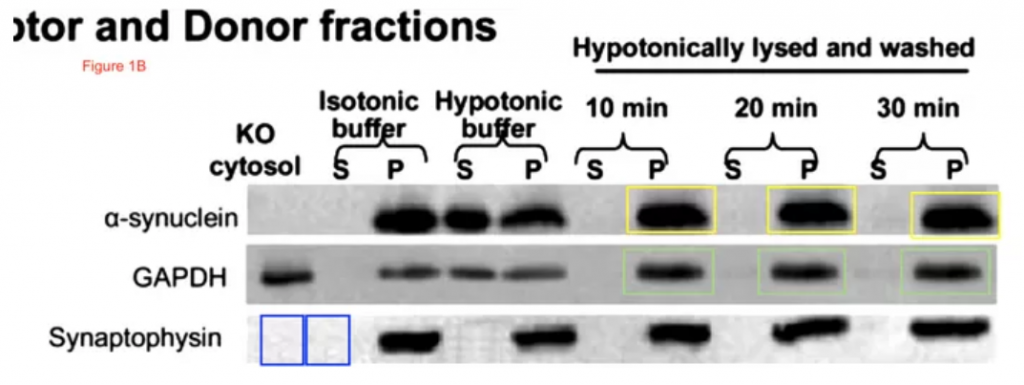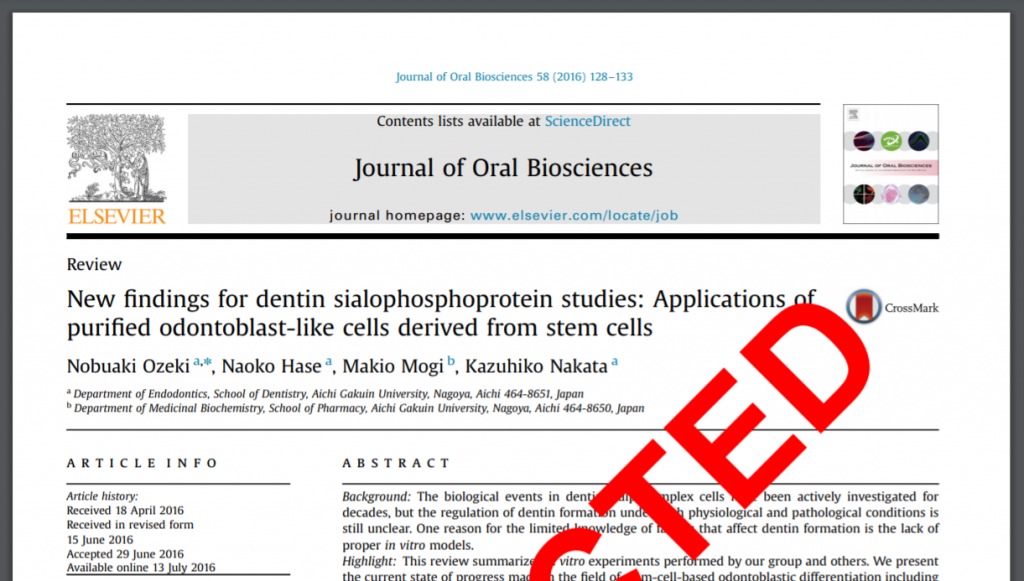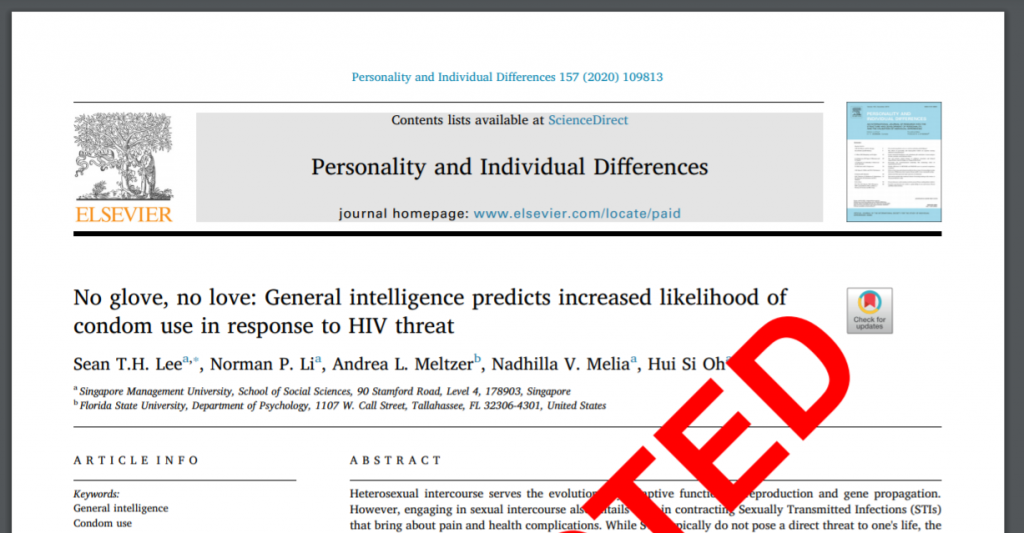
A neuroscientist once dubbed the “prince of panspermia” has lost a 2019 paper claiming that Venus may hold life seeded from Earth.
The paper, titled “Life on Venus and the interplanetary transfer of biota from Earth,” was written by Rhawn Gabriel Joseph, whose affiliations have included outfits called Astrobiology Associates of Northern California San Francisco and the Brain Research Neuroscience Laboratory.
A once-avid YouTuber, Joseph also has a consulting business, charging $500 for a 30-minute phone call, $500 an hour to review documents and $250 per page for his writing services. He’ll also sit with you face-to-face (six feet away and fully masked, we trust) for three hours if you have $5,000 for the privilege.
That’s high-priced lawyer money. Speaking of which, according to Vice, Joseph in 2014 tried to use the courts to force NASA to investigate what he believed was evidence of life on Mars.
Continue reading ‘Prince of panspermia’ has a paper retracted, and sues Springer Nature







